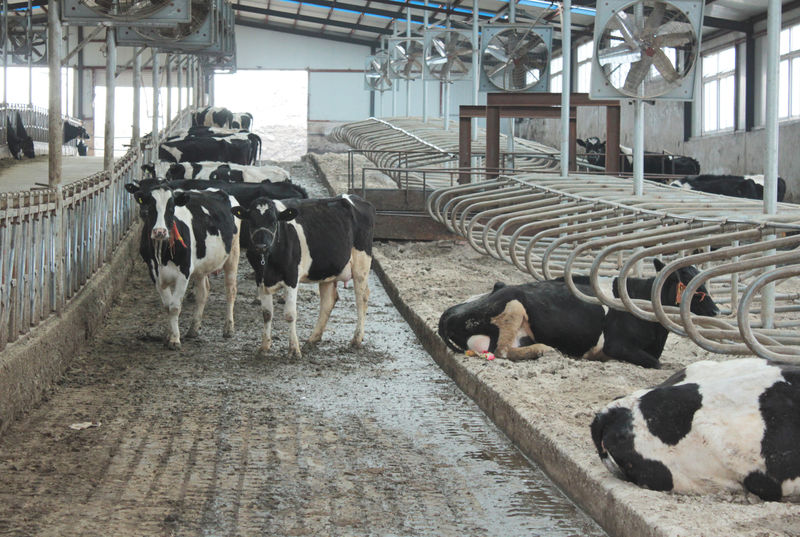Street Calls of the Week
(Updates throughout)
WELLINGTON, July 31 (Reuters) - New Zealand's Primary Industries ministry said on Monday that a second dairy farm in the country's South Island has tested positive for the cattle disease mycoplasma bovis.
The farm was linked to the initial property where the disease - which does not infect humans or pose a food safety risk - was detected earlier this month in the world's biggest dairy exporter.
News of the country's first confirmed cases briefly knocked the New Zealand dollar last week given the importance of the cattle industry for the economy, but the currency NZD= showed little reaction to the latest discovery.
The second outbreak was at another farm in the Van Leeuwen Dairy Group, a large scale dairy business, and was not unexpected given the close connection between the two farms, the ministry said.
Restrictions on the movement of goods and cattle at all of the Van Leeuwen group's farms were sufficient to control the spread of the disease, which occurs when affected cows come in close contact with other cows, it said.
The disease can have a serious effect on the health of cattle and testing would continue on all farms in the group, as well as neighbouring farms.
Analysts had been concerned at the possibility of a knee-jerk reaction to news of the disease that could affect market access for New Zealand's diary products.
